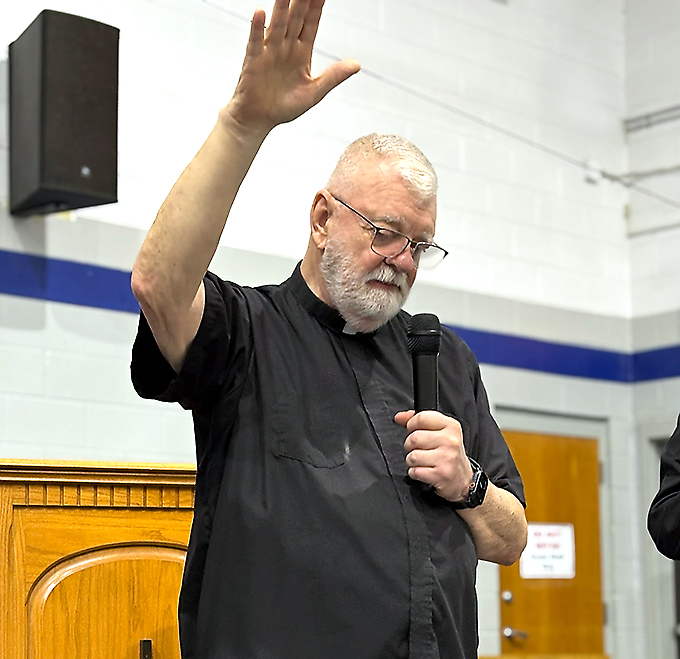The ‘breakthrough’ drug Jimmy Carter is taking to treat his cancer
Published 3:40 pm Monday, August 24, 2015

- 'Smart drugs' are here - should college students be allowed to use them?
Former President Jimmy Carter last week detailed an array of treatments, including radiation, that he will undergo for the melanoma doctors discovered in his liver and brain.
But he also mentioned that he had received an infusion of pembrolizumab, better known as Keytruda, which is among the first in a promising new class of drugs aimed at unleashing the human immune system to fight cancer cells. The Food and Drug Administration rapidly approved the “breakthrough” drug last year for patients with advanced melanoma who have exhausted other therapies, saying it represented a substantial improvement over existing treatments.
“The options were far fewer even a year ago” for patients such as Carter, said Louise Perkins, chief science officer for the Melanoma Research Alliance, the largest private funder of melanoma research. “These latest immunotherapy drugs, whether alone or in combination with other treatments, seem to be the future of cancer therapy.”
Researchers have long believed that the body’s immune system held vast potential to fight cancer, if only they could harness its ability to fight the disease. Cancer cells have a remarkable ability to disguise themselves from the human immune system, which aids their spread throughout the body.
Keytruda, manufactured by pharmaceutical giant Merck, and other immunotherapies work by allowing the body to recognize and attack cancer as it would any other harmful invader. The drug is designed to block a cellular pathway known as PD-1, which hinders the immune system’s ability to attack melanoma cells.
“We’re just taking away the brakes on the immune system,” said Antoni Ribas, a researcher at the University of California at Los Angeles and the lead investigator of a crucial study of Keytruda, who added that the drug tends to have far fewer side effects than traditional chemotherapy.
In the span of only several years, immune therapies have quickly become a the fourth pillar of cancer treatment, alongside surgery, radiation and chemotherapy. They are expensive — Keytruda costs roughly $150,000 per year — but they have shown remarkable results in some patients. Dozens of studies are underway in hopes of expanding the treatments for use in bladder cancer, breast cancer, Hodgkin’s lymphoma, head and neck tumors and other types of the disease.
But so far, melanoma has been the cancer most transformed by the wave of new immunotherapies, with some patients far outliving the typical prognosis.
“The landscape of treatment for melanoma has changed dramatically,” Perkins said. “Never before has melanoma had such a promising outlook, but there’s still a lot more to be done. There’s no universal cure.”
Ribas, the UCLA researcher, agreed. He said that only about one third of patients taking Keytruda had experienced positive results, and most see their cancer progress. But those who benefited “responded and responded immediately,” he said, with their tumors shrinking or vanishing in a matter of weeks.
“These are truly breakthroughs,” said Ribas, who is not involved in treating the former president. “I have a series of patients who had weeks or months to live, and who are now going on with their lives.”





